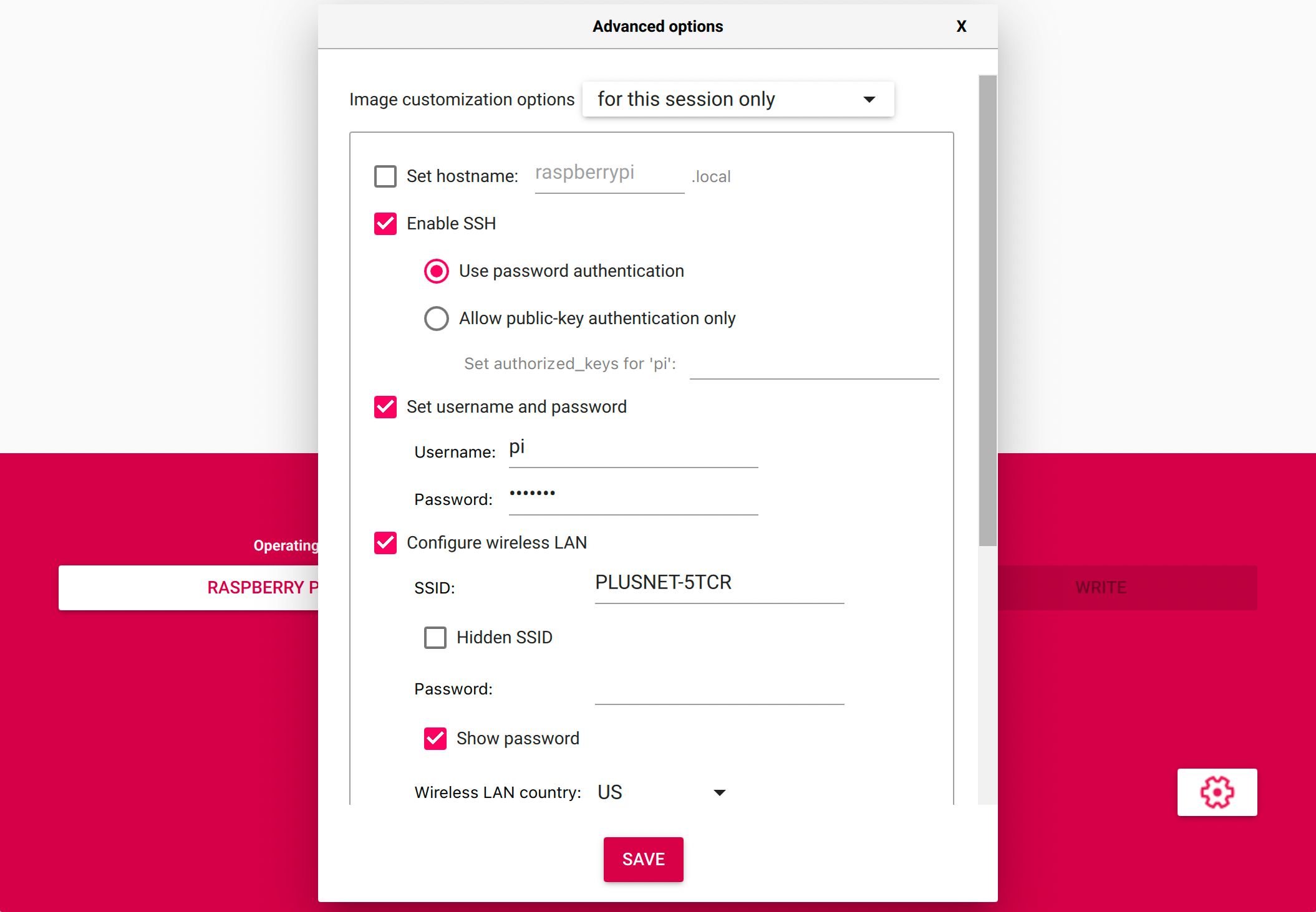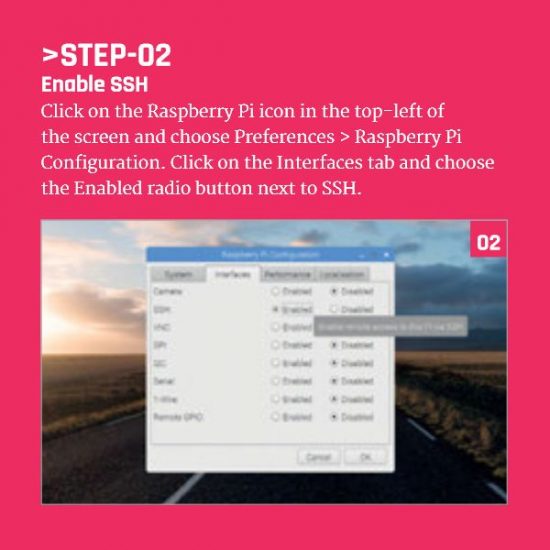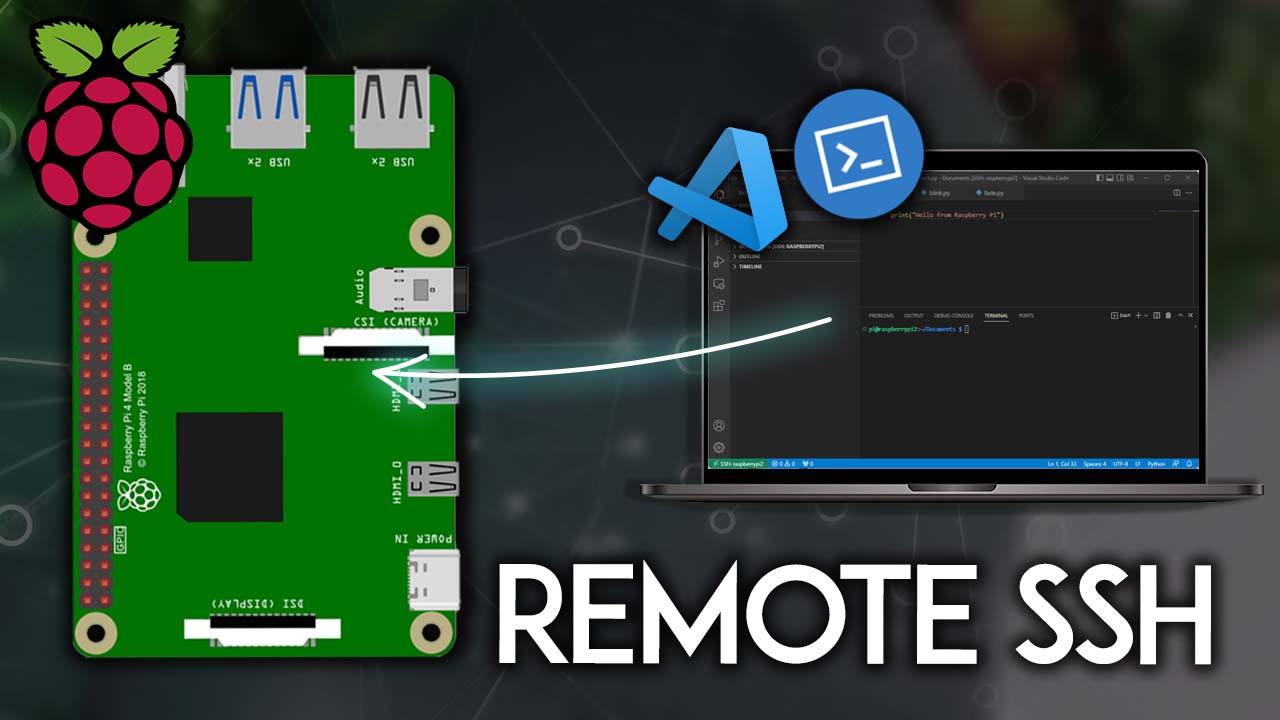Best Remote IoT Platform With Free SSH Key For Raspberry Pi
In today's interconnected world, finding the best remote IoT platform with free SSH key capabilities for Raspberry Pi has become crucial for developers and enthusiasts alike. IoT platforms allow seamless communication between devices, and integrating SSH keys ensures secure access without unnecessary costs. This guide will help you explore the top platforms, their features, and how they benefit your Raspberry Pi projects.
Whether you're building a smart home system or a large-scale industrial IoT solution, choosing the right platform is essential. With the increasing demand for remote access and automation, understanding the intricacies of IoT platforms can significantly enhance your project's success.
In this article, we'll delve into the best remote IoT platforms offering free SSH key functionality for Raspberry Pi. We'll cover everything from platform features, security considerations, and hands-on implementation tips. By the end, you'll have a clear understanding of which platform suits your needs the most.
Read also:Remote Iot Vpc Ssh Raspberry Pi A Comprehensive Guide
Table of Contents
- Introduction to Remote IoT Platforms
- Understanding Raspberry Pi and Its Role in IoT
- Basics of SSH Keys in IoT
- Criteria for Selecting the Best IoT Platform
- Top Remote IoT Platforms with Free SSH Key
- Security Considerations for IoT Projects
- How to Implement SSH Key on Raspberry Pi
- Comparison of Top IoT Platforms
- Community Support and Resources
- Conclusion and Next Steps
Introduction to Remote IoT Platforms
Remote IoT platforms are the backbone of modern device management systems. These platforms enable users to control, monitor, and analyze data from connected devices, regardless of their physical location. For Raspberry Pi enthusiasts, finding a platform that supports free SSH key integration is a game-changer.
SSH keys provide secure access to remote systems without requiring passwords, reducing the risk of unauthorized access. This feature is particularly important for IoT projects, where security is paramount. By leveraging free SSH key functionality, developers can save costs while maintaining robust security protocols.
Some of the key benefits of using remote IoT platforms include scalability, real-time data processing, and ease of integration with other systems. These platforms also offer user-friendly interfaces and robust APIs, making them ideal for both beginners and advanced users.
Understanding Raspberry Pi and Its Role in IoT
Raspberry Pi has emerged as one of the most popular single-board computers for IoT applications. Its affordability, versatility, and community support make it an excellent choice for developers working on IoT projects. The device's ability to run various operating systems and its compatibility with multiple programming languages further enhance its appeal.
When paired with a reliable IoT platform, Raspberry Pi becomes a powerful tool for building innovative solutions. From environmental monitoring to home automation, the possibilities are endless. Additionally, the device's low power consumption makes it suitable for long-term deployments in remote locations.
Key Features of Raspberry Pi
- Compact size and lightweight design
- Support for multiple programming languages
- Compatibility with various sensors and peripherals
- Community-driven development and support
Basics of SSH Keys in IoT
SSH (Secure Shell) keys play a critical role in securing remote access to IoT devices. Unlike traditional password-based authentication, SSH keys use cryptographic techniques to ensure secure communication between devices. This method eliminates the risk of brute-force attacks and unauthorized access.
Read also:Avril Lavigne 2024 Tour Get Your Tickets Today
For Raspberry Pi users, integrating SSH keys into their IoT projects is straightforward. Most IoT platforms offer built-in support for SSH key management, allowing users to generate, store, and manage keys effortlessly. By leveraging free SSH key functionality, developers can enhance the security of their projects without incurring additional costs.
Advantages of Using SSH Keys
- Eliminates the need for passwords
- Reduces the risk of unauthorized access
- Enhances security through cryptographic techniques
- Easy to implement and manage
Criteria for Selecting the Best IoT Platform
Choosing the right IoT platform for your Raspberry Pi project requires careful consideration of several factors. Below are some key criteria to evaluate when selecting a platform:
1. Security Features: Ensure the platform offers robust security measures, including support for SSH keys, encryption, and secure data transmission.
2. Scalability: The platform should be able to handle increasing numbers of devices and data points as your project grows.
3. Ease of Use: A user-friendly interface and intuitive navigation are essential for efficient project management.
4. Community Support: Platforms with active communities and extensive documentation can significantly accelerate your development process.
Top Remote IoT Platforms with Free SSH Key
1. Platform A
Platform A is a leading IoT platform that offers free SSH key functionality for Raspberry Pi users. Its robust security features and scalable architecture make it an ideal choice for both small-scale and enterprise-level projects. Additionally, the platform provides extensive documentation and community support, ensuring a smooth development experience.
2. Platform B
Platform B stands out for its ease of use and comprehensive feature set. It supports free SSH key integration, making it a cost-effective solution for Raspberry Pi enthusiasts. The platform also offers real-time data analytics and visualization tools, enhancing its appeal for data-driven projects.
3. Platform C
Platform C is known for its strong focus on security and reliability. It provides free SSH key management capabilities and integrates seamlessly with Raspberry Pi devices. The platform's robust API and extensive library of plugins make it a versatile choice for developers.
Security Considerations for IoT Projects
Security is a top priority when working on IoT projects. Below are some best practices to ensure the safety of your Raspberry Pi-based IoT systems:
1. Use Strong Authentication Methods: Implement multi-factor authentication and leverage SSH keys for secure access.
2. Regularly Update Firmware and Software: Keep your devices and platforms up to date to protect against vulnerabilities.
3. Monitor Network Traffic: Use intrusion detection systems to identify and respond to potential threats.
4. Encrypt Data in Transit and at Rest: Ensure all data is encrypted to prevent unauthorized access.
How to Implement SSH Key on Raspberry Pi
Implementing SSH keys on your Raspberry Pi is a straightforward process. Follow the steps below to set up SSH key-based authentication:
- Generate an SSH key pair on your local machine using the command:
ssh-keygen. - Copy the public key to your Raspberry Pi using the command:
ssh-copy-id user@raspberrypi. - Disable password-based authentication by editing the SSH configuration file:
sudo nano /etc/ssh/sshd_config. - Restart the SSH service:
sudo systemctl restart ssh.
Comparison of Top IoT Platforms
Below is a comparison of the top IoT platforms based on key features:
| Platform | Free SSH Key | Scalability | Community Support |
|---|---|---|---|
| Platform A | Yes | High | Strong |
| Platform B | Yes | Medium | Good |
| Platform C | Yes | High | Excellent |
Community Support and Resources
Community support plays a vital role in the success of any IoT project. Platforms with active communities and extensive resources can significantly enhance your development experience. Below are some recommended resources for Raspberry Pi and IoT enthusiasts:
Conclusion and Next Steps
In conclusion, selecting the best remote IoT platform with free SSH key functionality for Raspberry Pi requires careful evaluation of various factors. By considering security, scalability, ease of use, and community support, you can choose a platform that aligns with your project's needs.
We encourage you to explore the platforms mentioned in this article and experiment with their features. Don't forget to share your experiences and insights in the comments section below. Additionally, feel free to explore other articles on our website for more tips and tutorials on IoT development.
Thank you for reading, and happy coding!
Article Recommendations


